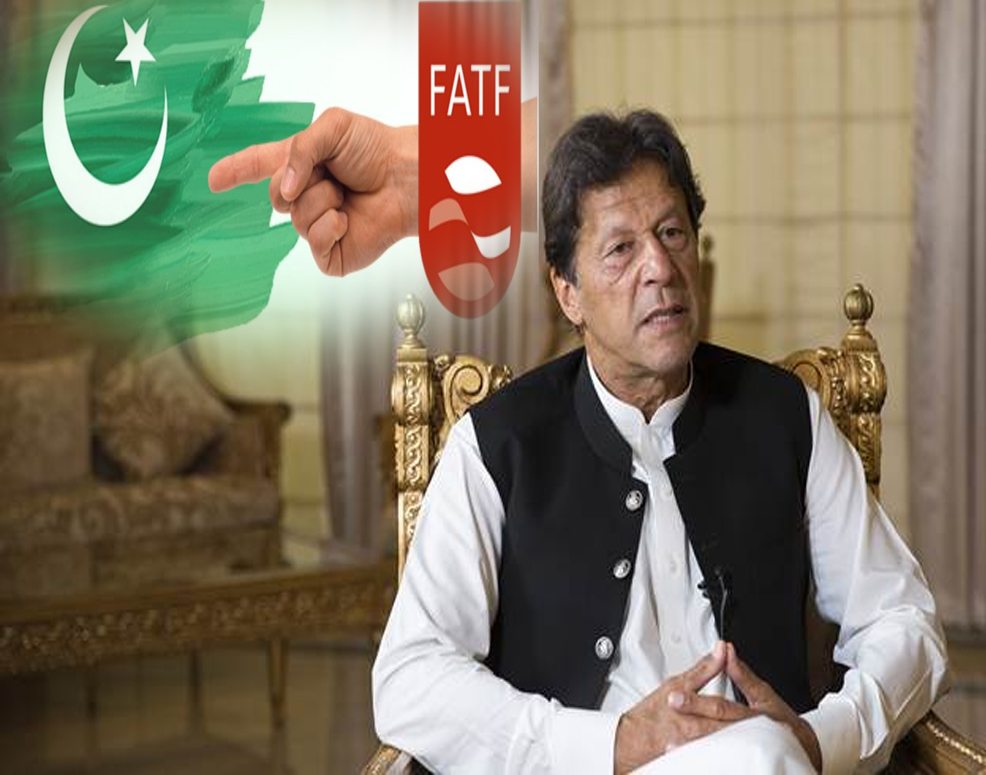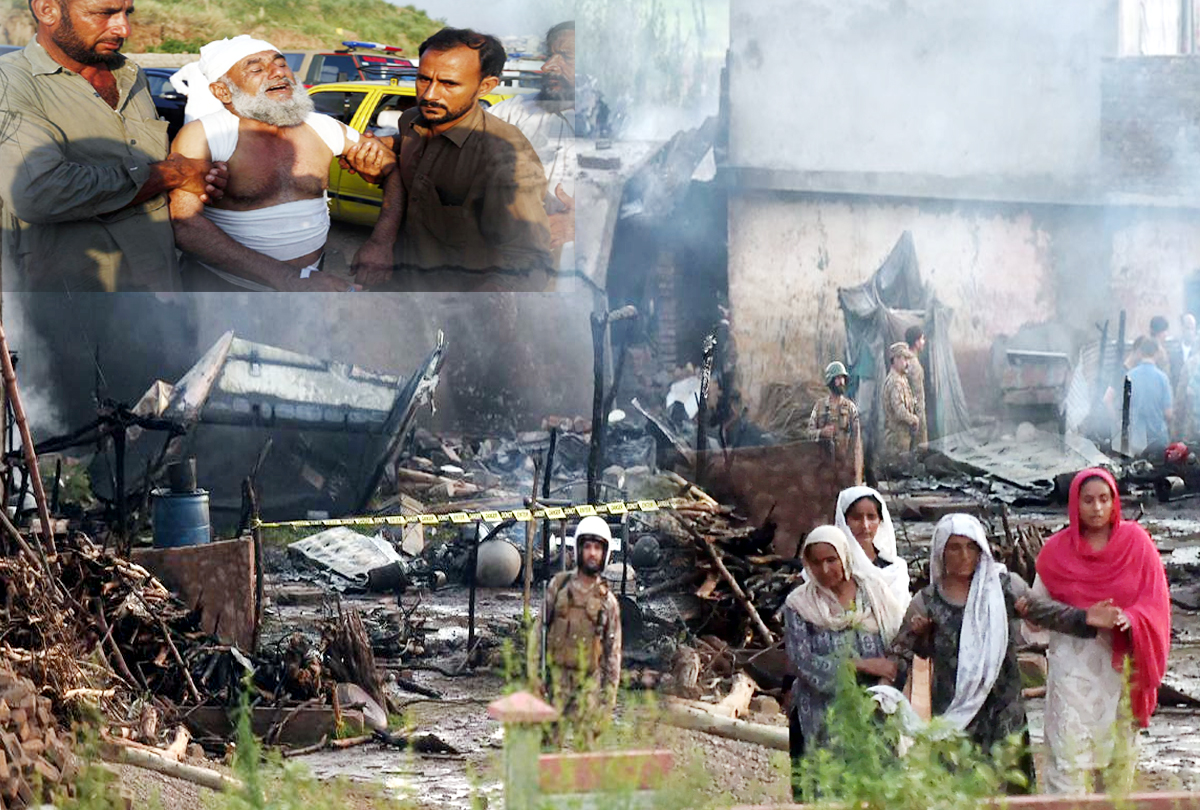Samjhauta Express blast case case lacked proof: Amit Shah

[Edited By: Gaurav]
Thursday, 18th July , 2019 11:40 amUnion Home Minister Amit Shah on Wednesday defended the decision not to file an appeal against the acquittals in the 2007 Samjhauta Express blast case, stating that the chargesheets filed under the UPA regime did not have any substantial proof.
Replying to a debate in the Rajya Sabha on a Bill extending more powers to the National Investigation Agency (NIA), Mr. Shah alleged that the case had been instituted with a political motive.
Bill passed
The Bill was subsequently passed by the House. It was cleared by the Lok Sabha on Monday.
Mr. Shah said conviction in any criminal case depended on the chargesheet, based on which law officers argued in court. In the Samjhauta case, the first chargesheet was filed on August 9, 2012, and the second on June 12, 2013, when the UPA was in power. The decision not to file an appeal against the acquittals was taken on the basis of the law officer’s opinion, he said.
Initially, in the same case, seven persons were arrested and U.S. agencies had confirmed their role. However, they were let off and an attempt was made to link it to a particular religion, Mr. Shah alleged. Those killed in the blast and their relatives did not get justice as the real culprits remained at large.
Mr. Shah, responding to the apprehensions, assured the House that the Modi government would never allow misuse of the NIA law. The amendment extends powers to the agency to investigate terror-related incidents involving Indian nationals and assets abroad. It also extends the NIA’s jurisdiction to human trafficking, counterfeit currency, manufacture or sale of prohibited arms, cyberterrorism, and offences under the Explosive Substances Act.
Earlier, when Mr. Shah was about to speak, Left parties’ members demanded that the Bill be sent to a Select Committee.
However, Deputy Chairman Harivansh rejected it, saying there was no prior proposal. They then boycotted the Home Minister’s speech.
During the debate, Congress member Vivek Tankha cautioned against the possibility of the States’ jurisdiction being impinged upon. He said the NIA was set up in the spirit of “federality and cordiality.” However, the State Police were being bypassed and their assistance not taken in investigations.
Mr. Tankha said although the government might have the best law and a pious motive, if the implementation was not in the spirit of federalism and cordiality, legality of the legislation could be challenged, as had happened in the case of the CBI.
Trinamool member Derek O’Brien also raised the issue of federalism. He said Central agencies like the CBI, Enforcement Directorate and the Income-Tax were seen by many as the government’s ally. “The NIA should do its job and not become National Interference Agency,” he said.
Latest News
-
2-Doxy-D is a game-changer drug - discovered by sc
-
UP Covid News: Recovery rate rises 86 percent in U
-
Big B orders 50 oxygen concentrators from Poland,
-
Today is Akshay tritiya-PM Modi and Akhilesh yadav
-
Kanpur health department doing preparations to fig
-
UP Govt. must be held accountable for "failing" it
-
16 doctors in Unnao UP resign yesterday but retrac
-
Vaccine is safety cycle against corona pandemic-CM
-
Life of every person is priceless,rescue is the be
-
Kanpur Municipal Corporation will make dust free K
-
Corona vaccination: UP government withdraws the de
-
UP Government should follow the orders of Highcour
-
Uttar Pradesh-IG roaming in the city without the u
-
PM, take off those pink goggles, by which nothing
-
Rahul Gandhi's counterattack on BJP Government’s s
-
Happy international nurse day-PM Modi, Rahul Gandh
-
Online food delivery and liquor shops can open the
-
Egoistic BJP should work in public interest instea
-
High court directed UP Government to make a Covid
-
Isolation rooms to be built in industrial units, a
-
WHO has appreciated the effort of the Yogi Adityan
-
Brother is forced to carry his corona afflicted br
-
Lucknow- Free auto service for covid patients
-
Lucknow-Defense Minister and CM Yogi inaugurated
-
Wine shops opened in kanpur
-
Kanpur: oxygen demand 50 percent decrease as infec
-
Kanpur Crime Branch Police arrested 2 accused of i
-
Kanpur police's initiative to prevent corona infec
-
CM Yogi inspected the community health center in c
-
Corona's third wave: IIT professor claims not to c
World News
-
American president Appoints Two More Indian To Key
-
Arora Akanksha an Indian running for United Nation
-
Brazil thankes india with hanuman after receiving
-
Toronto protest against Indian citizenship law as
-
One-Of-A-Kind Wedding: After Groom's Father Gets A
-
Kim's Horse Ride On Sacred Mountain Hints At "Grea
-
Chinese President’s India visit on track, confirms
-
'Howdy Modi' event 'win-win' situation for Modi an
-
Malala urges U.N. to help Kashmiri children go bac
-
Rocket blast at U.S. Embassy in Kabul on 9/11 anni
-
PM Modi launches $4.2 mn redevelopment project of
-
Pakistan Blacklisted by FATF's: After Failing to A
-
Amazon Rainforest burning: Brazil President tells
-
10 shoking pics of Amazon Rainforest Burning
-
200 pakistan twitter accounts suspended on kashmir
-
Trump dials Imran Khan, asks to ‘moderate rhetoric
-
No policy change on Kashmir, says U.S.
-
Hamza, the son of Osama bin Laden, is dead
-
Ethiopians planted more than 200 million trees in
-
Pakistani military aircraft crash: All 5 crew memb























